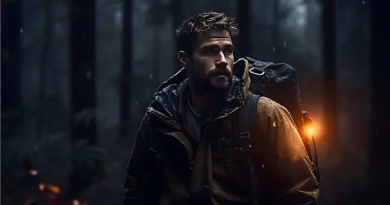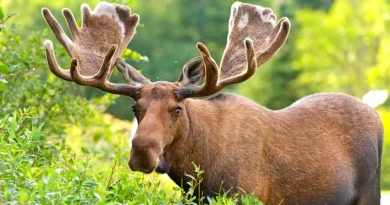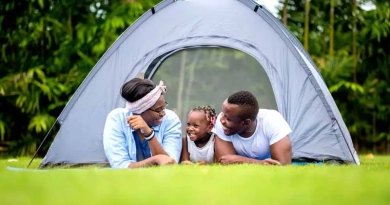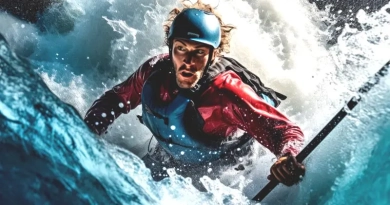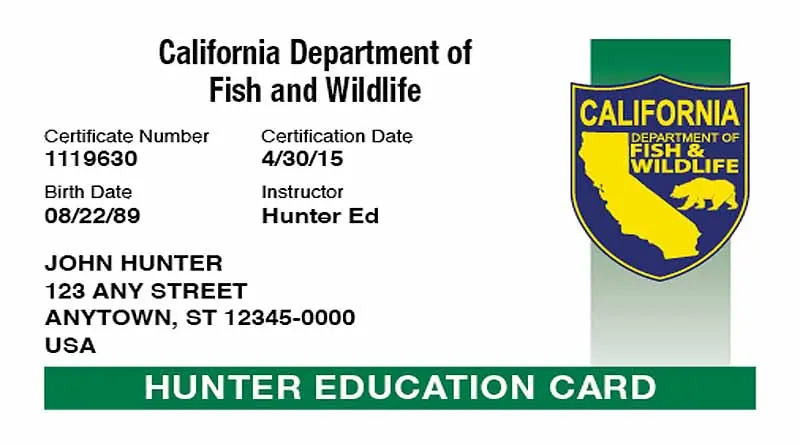
Do I Need A License To Hunt, And How Do I Get One?
The wilderness calls to many of us, but with that call comes a responsibility, and the first step on that path is understanding the rules and regulations. Hunting isn’t just about tracking your prey; it’s about respecting the land, the laws, and the animals. The question of needing a license is not just a legal requirement; it’s a rite of passage into the fraternity of hunters.
Hunting licenses are more than just pieces of paper. They are the bridge between a desire and a tradition, a testament to one’s commitment to ethical hunting. Every state in the U.S. has its own set of rules and regulations, but the common thread is that you do need a license to hunt legally.
I remember my first foray into this world. I had the spirit, the gear, and the determination, but I lacked one crucial element: the knowledge. Sitting by that fire, I realized that to respect the craft, I needed to educate myself fully. So, I dove into the labyrinth of hunting laws, determined to emerge with the clarity I needed.
The Options and Obstacles
The path to obtaining a hunting license is fraught with details and variations. Each state has its own wildlife agency, and their websites are often the first stop. Here, you can find specific requirements, fees, and the types of licenses available.
The options are vast: resident vs. non-resident licenses, youth licenses, and special permits for certain game. The obstacles, though, are many. Understanding these requirements can be daunting, especially for a novice. There are age restrictions, mandatory hunter education courses, and sometimes, even background checks.
For instance, in many states, if you’re a first-time hunter, you must complete a hunter education course. This course covers everything from firearm safety to wildlife conservation, ensuring that you are well-prepared to hunt responsibly. The obstacles are not just bureaucratic but also personal. Finding the time to complete these courses, especially if they require in-person attendance, can be challenging.
The Best Solution and How to Implement It
After navigating the maze of regulations, the best solution became clear: thorough preparation and leveraging online resources. Here’s how you can get your hunting license:
- Research your state’s requirements: Start with your state’s wildlife agency website. Look for the section on hunting licenses, which will detail all the necessary steps. Each state has different seasons, fees, and rules, so it’s crucial to understand what applies to you.
- Complete a Hunter Education Course: Most states require this for first-time hunters. These courses can often be found online or in-person. They cover essential topics like firearm safety, ethics, and wildlife management. Completing this course not only prepares you for hunting but also for the written test that might be part of the licensing process.
- Choose the right license: Determine which type of license you need. Are you a resident or a non-resident? Do you need a big game or small game license? Each type of hunting requires a different permit, and getting the right one is crucial.
- Apply Online or In Person: Many states offer online applications, which is the easiest route. However, some might require you to apply in person at a local licensing office. Be prepared with identification and any certification from your hunter education course.
- Pay the Fee: Hunting licenses aren’t free. The cost varies by state and type of license. Ensure you budget for this expense, as well as any additional permits you might need for a specific game.
- Stay informed: Regulations can change. Keeping abreast of new laws, season dates, and any changes in licensing requirements is part of being a responsible hunter.
Resources and Tools
To embark on this journey, you’ll need several resources and tools at your disposal:
- State Wildlife Agency Websites: These are gold mines of information. They offer detailed guides, FAQs, and contact information for any questions you might have.
- Hunter Education Courses: Check online for certified courses. The International Hunter Education Association (IHEA) is a great starting point.
- Local Hunting Clubs and Associations: These groups can provide invaluable support and information. They often offer classes, mentoring, and can help navigate the licensing process.
- Hunting Gear and Equipment: Before you step into the wild, ensure you have the right gear. This includes not just your weapon of choice but also appropriate clothing, navigation tools, and first-aid kits.
The path to becoming a licensed hunter is not just about following rules; it’s about embracing a tradition that respects nature and wildlife.
Getting a hunting license is your entry ticket into a world where skill, patience, and respect are paramount. It’s a journey that begins with a simple question but unfolds into a rich tapestry of learning and adventure.
So, to anyone sitting by their own fireside, pondering the same question, I say this: embrace the journey. Research, prepare, and equip yourself with knowledge and respect. The wilderness awaits, and with your license in hand, you’ll be ready to answer its call.

